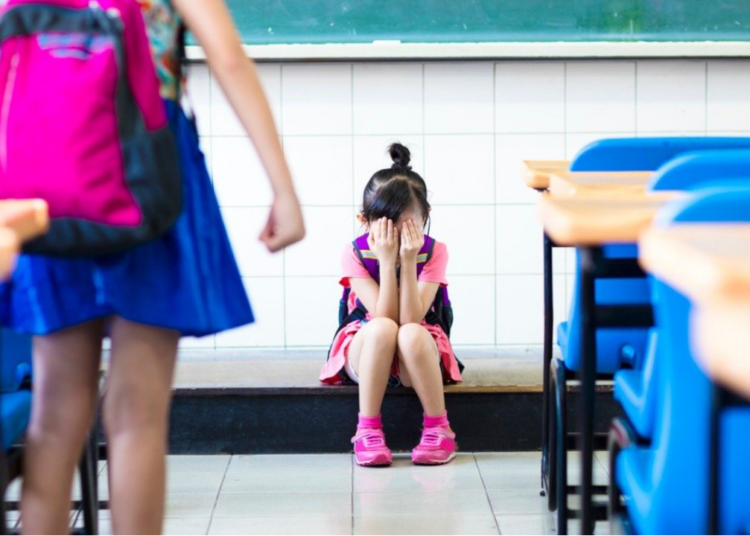There are many warning signs that may indicate that someone is affected by bullying—either being bullied or bullying others. Recognising the warning signs is an important first step in taking action against bullying. Not all children who are bullied or are bullying others ask for help.
It’s critical that we learn to understand the signs of bullying and be completely aware on behalf of our children. In fact, it is important to talk with children who show signs of being bullied or bullying others. These warning signs can also point to other issues or problems, such as depression or substance abuse. Talking to the child can help identify the root of the problem. More importantly, as a parent, you should look out for changes in the child. However, be aware that not all children who are bullied exhibit warning signs.
Here are 10 signs that your child might be getting bullied.
1.Unexplainable injuries, lost or destroyed clothing, books, electronics, or jewelry:
The less reasonable your child’s explanation, the more likely bullying is involved.
2.Frequent headaches or stomach aches, feeling sick or faking illness
This could either be to avoid the bullying or as a result of the bullying. Typically, it’s both.
- Changes in eating habits, like suddenly skipping meals or binge eating. Kids may come home from school hungry because they did not eat lunch.
4.Difficulty sleeping or frequent nightmares
Processing the abuse can take a toll even when sleep should provide rest and healing.
- Declining grades, loss of interest in schoolwork, or not wanting to go to school
Simply put, it’s tough to concentrate on anything else when anxiety is working in the background.
6.Sudden loss of friends or avoidance of social situations
Victims often lose the few friends they have. Other kids don’t want to be associated with victims or they’re afraid it’s “catching.” Victims seldom become “loners” by choice.
7.Feelings of helplessness or decreased self esteem
This may include anxiety-based behavior and self-destructive behaviors such as running away from home, harming themselves, or talking about hurting themselves.
8.Geneealised fear and avoidance of social situations
Your child may seem afraid of going to school, walking to and from school, riding the school bus, or taking part in organised activities with peers (such as clubs).
- Appears Sad
Not just sad, but moody, teary, or depressed when he or she comes home. A huge part of this is that he or she won’t talk about what’s wrong.
- Begins To Bully Other Children
This is a disturbing sign that’s often a natural consequence of being bullied. Victims may begin to take it out on siblings or weaker friends and become aggressive and uncooperative with their parents.
Source:allprodad.com











